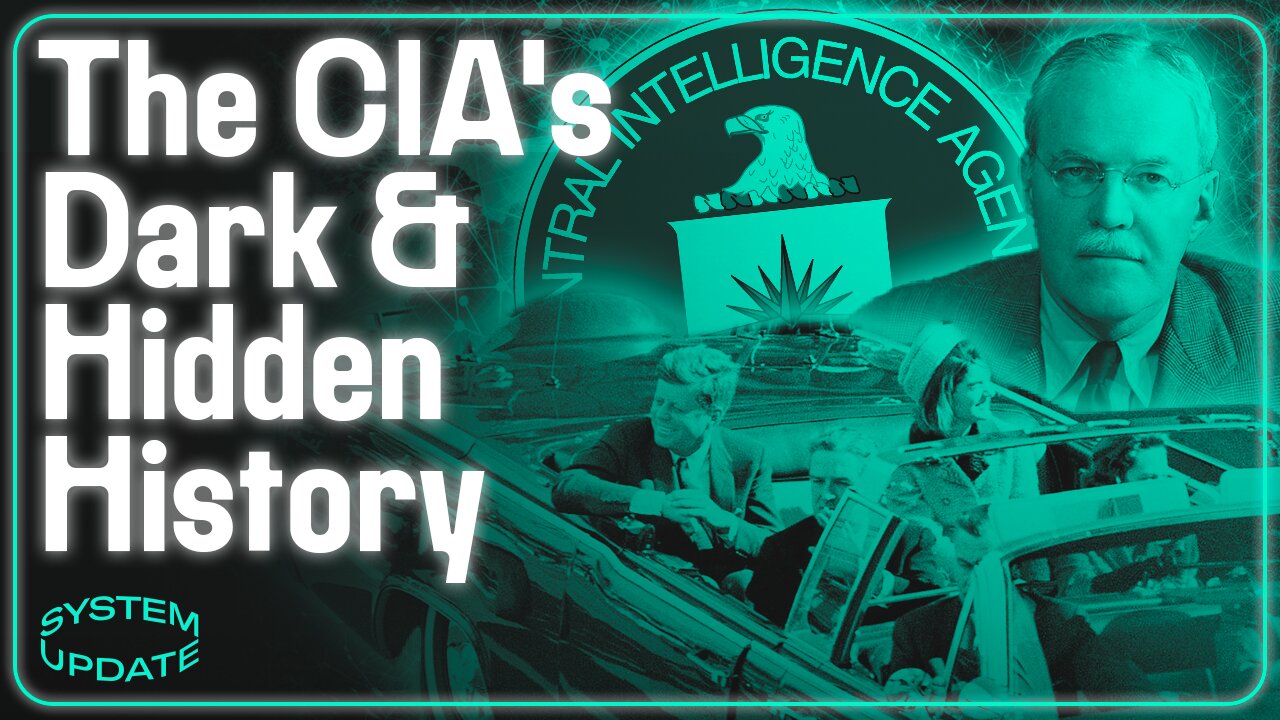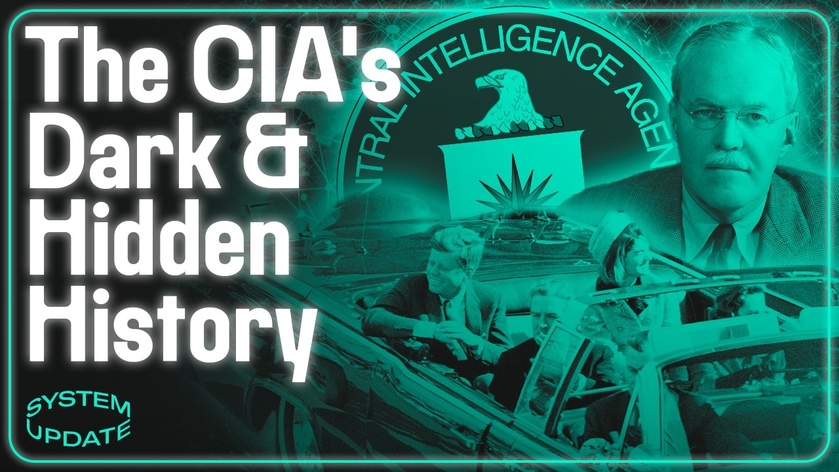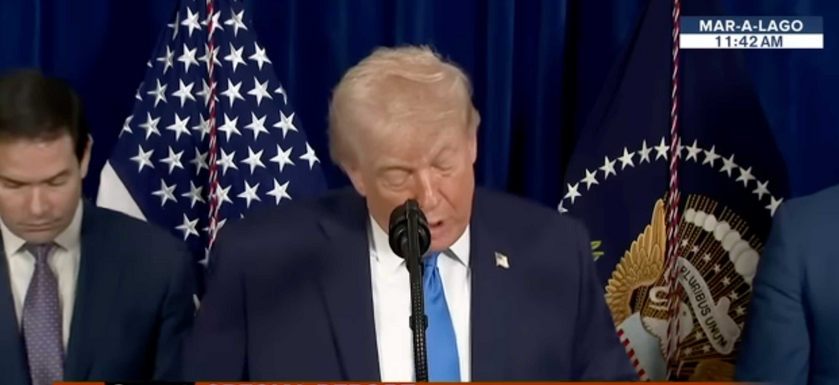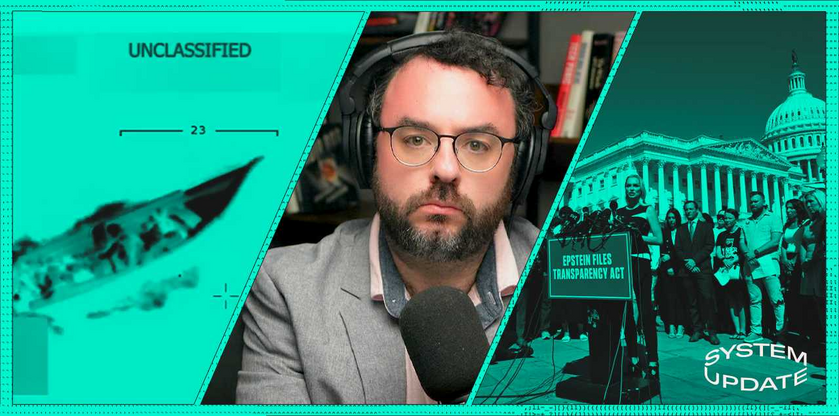Watch the full episode here:

Good evening. It's Friday, November 3.
David Talbot is an investigative journalist, historian and author who played a really significant role in the advent of the Internet and specifically the ability for political journalism to exist on it. He was the founder of Salon.com, which along with Slate for a long time were the only online political magazines available on the Internet and revolutionized how political journalism could be done online. Salon ended up being my journalism home from 2007 until 2012. It was the first journalism job I had where I was actually hired by a site or a media outlet to do my journalism. It was where I think I learned how to do journalism, and that was what led me to The Guardian. David Talbot was a crucial figure in being able to pave the way for that kind of journalism to be available to people who could reach large audiences without having to go to work for The New York Times or NBC News.
However, I think his more significant contribution is the fact that he is the author of “The Devil's Chessboard,” which for me, as I've said many times, is the definitive account of the history of the CIA and the history of the U.S. security state as it was formed under President Truman in the wake of World War II and then the need for the United States to fight the Cold War. And it is a remarkable story, in particular of two brothers, Allen Dulles and John Foster Dulles. Allen Dulles ended up running the CIA, kind of like his own private fiefdom and so much of what the CIA is and has become was the result of his leadership over that. He was able to turn it into a private militia, one that went around the world engaging in all kinds of coups, even though it was only meant at first to collect intelligence and increasingly involved itself in our domestic politics.
One of the primary topics of our show, The Devil's Chessboard covers not only history in a very compelling way but also talks a lot about the role that the CIA may have played in the assassination of John F. Kennedy, the hatred that Allen Dulles harbored for JFK, particularly, after JFK fired him in the wake of the Bay of Pigs. What's so amazing is that even though the CIA was always a suspect in the assassination of JFK, Allen Dulles wormed his way onto the Warren Commission, which is what ended up issuing the definitive official story, that it was Lee Harvey Oswald and only Lee Harvey Oswald who acted alone in killing the American president. This book and Talbot himself have a lot of informed questioning of that official narrative, especially now with a lot of the updates that have appeared since that book was published.
We were able to sit down with David Talbot, something I've been wanting to do for quite a long time, and delve into how the CIA settled and became such a dominant force in American political life and our government. How the national security state turned into this sprawling, unaccountable, secret part of our government and how the assassination of JFK should be thought about 60, 70 years later, while the government continues to keep many of the key documents concealed and classified, even though there's no valid reason for them to do so anymore. Talbot was incredibly interesting as an interviewee. He was somebody who I think knows more about the history of the CIA than almost anybody else. The book, I cannot recommend this highly enough, but I also think you're going to find this interview to be very illuminating on many of the key topics that we focus our journalism and our program here.
















